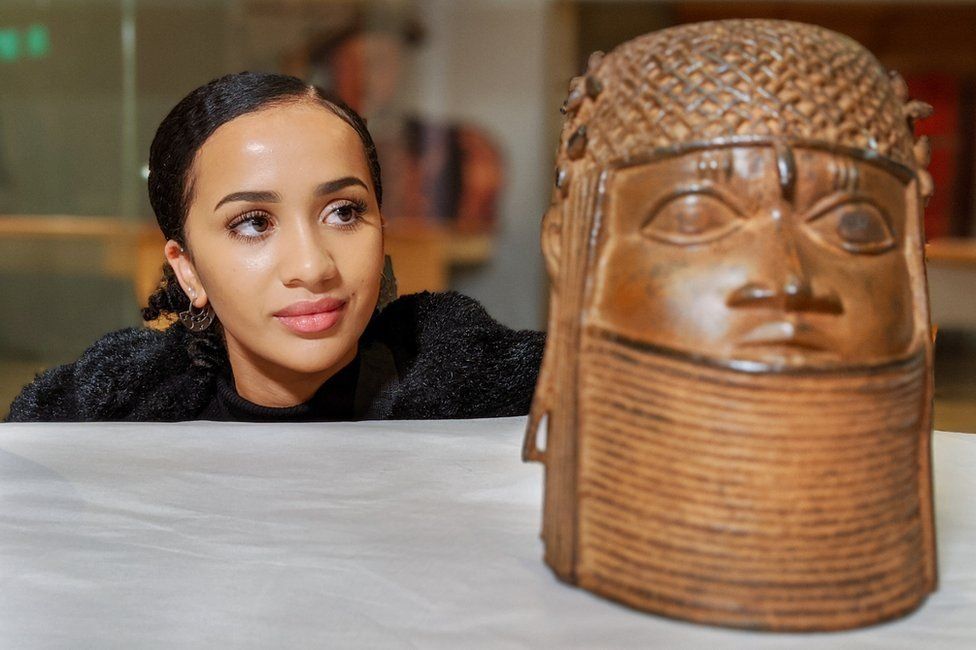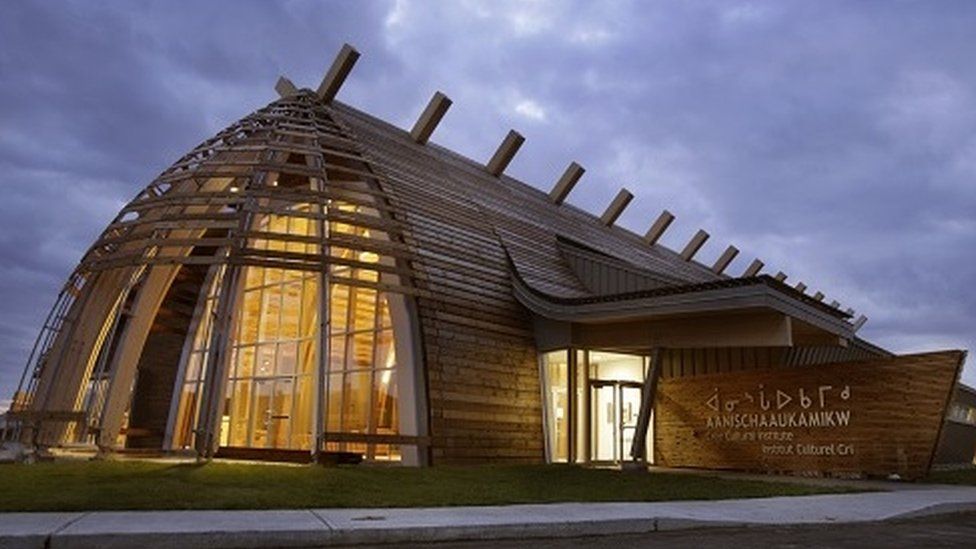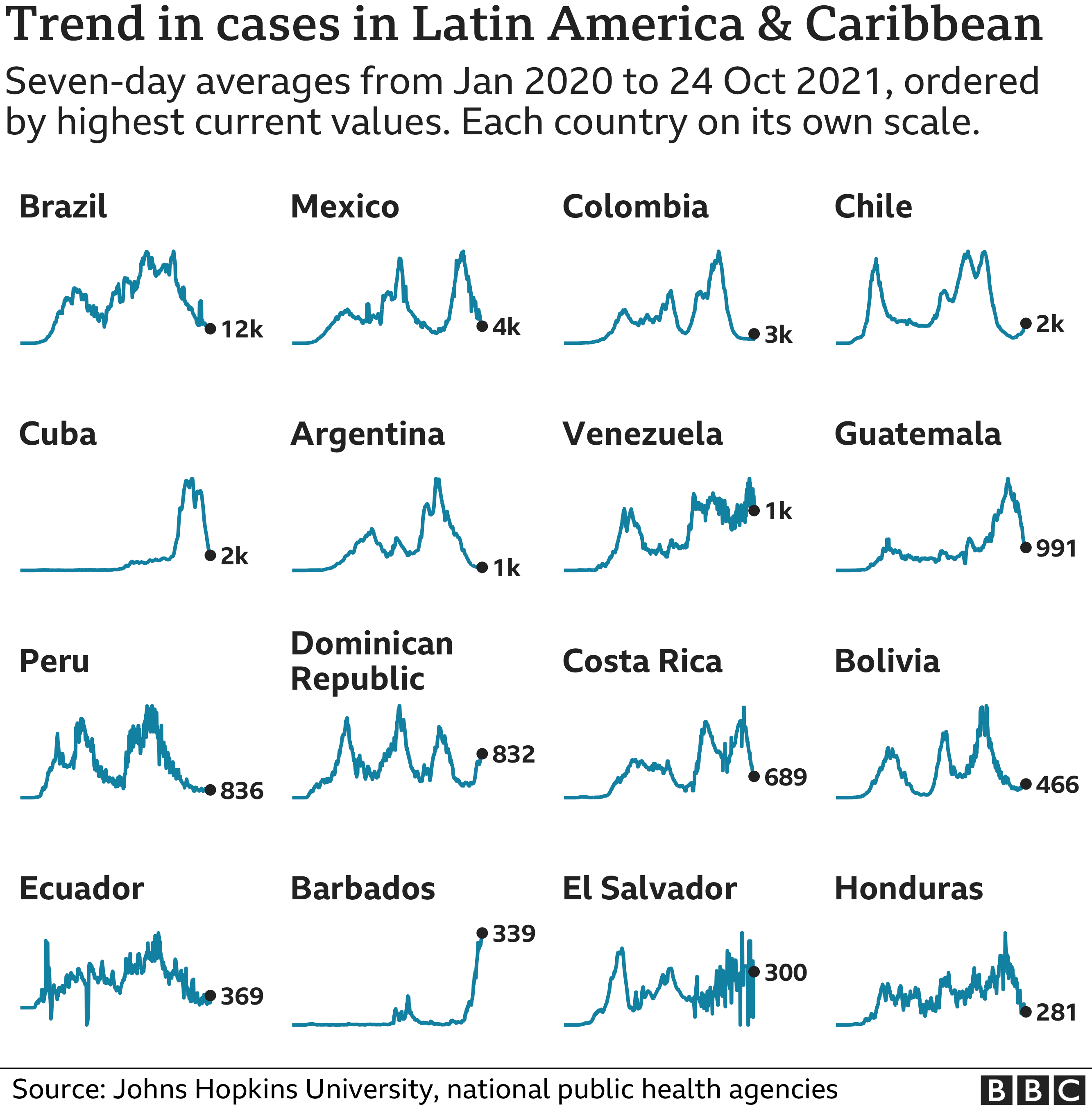The Queen has carried out her first engagements since staying overnight in hospital last week, meeting two ambassadors via video call.
The monarch, who is at Windsor Castle, met virtually with the South Korean and Swiss ambassadors in Buckingham Palace.
The audiences come after she went to hospital for preliminary medical checks last Wednesday.
The Queen, 95, is expected to lead a royal delegation to the Glasgow COP26 climate change summit next week.
She was seen smiling on camera as she greeted Korea’s Gunn Kim and HeeJung Lee, as well as Switzerland’s Markus Leitner and Nicole Leitner.
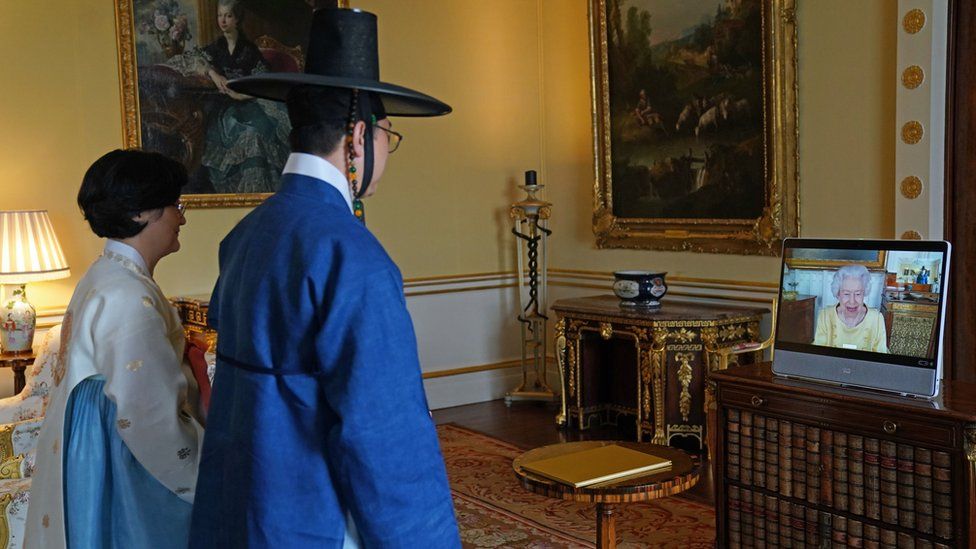 IMAGE SOURCE,REUTERS
IMAGE SOURCE,REUTERSThe engagements are the first time the Queen has been seen since she hosted a Global Investment Summit at Windsor Castle last Tuesday evening.
However, on Wednesday a Buckingham Palace spokesman said a planned trip to Northern Ireland had been cancelled, and the monarch had “reluctantly accepted medical advice to rest for the next few days”.
Then, in a statement on Thursday night, Buckingham Palace said she had stayed in hospital on Wednesday night after attending for “some preliminary investigations” and had returned the following day to Windsor Castle, where she was “in good spirits”.
No signs of slowing down

This was a diplomatic engagement by the Queen in every sense.
She was taking part in a virtual audience with two ambassadors – but the real message was that after last week’s hospital stay she was back at work.
It might have been one of the most upmarket Zoom work meetings ever held, Windsor Castle to Buckingham Palace, with backdrops of antique furniture and oil paintings.
But it was sending a very modern media signal that any health worries were not going to stop the 95-year-old monarch from returning to her job. It was a photo intended to reassure.
And it suggests no change of plan in terms of hosting the COP26 climate summit next week.
The Queen might be WFC (working from castle) but she’s showing no signs of slowing down.
The Queen stayed in King Edward VII’s, a private hospital used by senior royals – including her husband, the late Duke of Edinburgh, who received treatment there earlier this year.
She did not attend a church service at Windsor on Sunday.
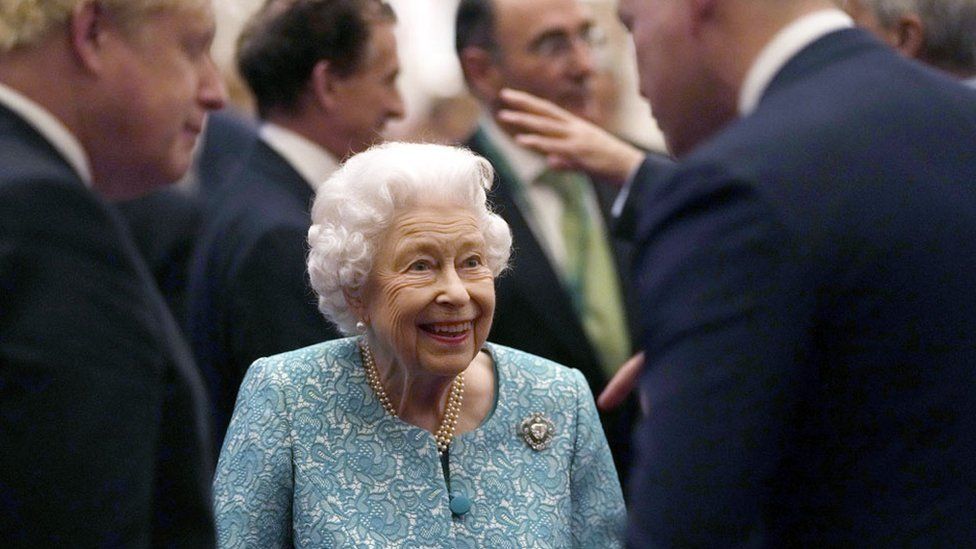 IMAGE SOURCE,GETTY IMAGES
IMAGE SOURCE,GETTY IMAGESThe Queen is looked after by her physician Sir Huw Thomas, who is “head of the medical household”.
It has been a busy period of official engagements for the Queen.
An official record of her diary showed at least 16 formal events during October.
The Royal Family’s website says she is due to attend a reception on 1 November as part of the climate change conference in Glasgow.
She is due to attend engagements there between 1 and 5 November alongside the Prince of Wales, the Duchess of Cornwall and the Duke and Duchess of Cambridge.





